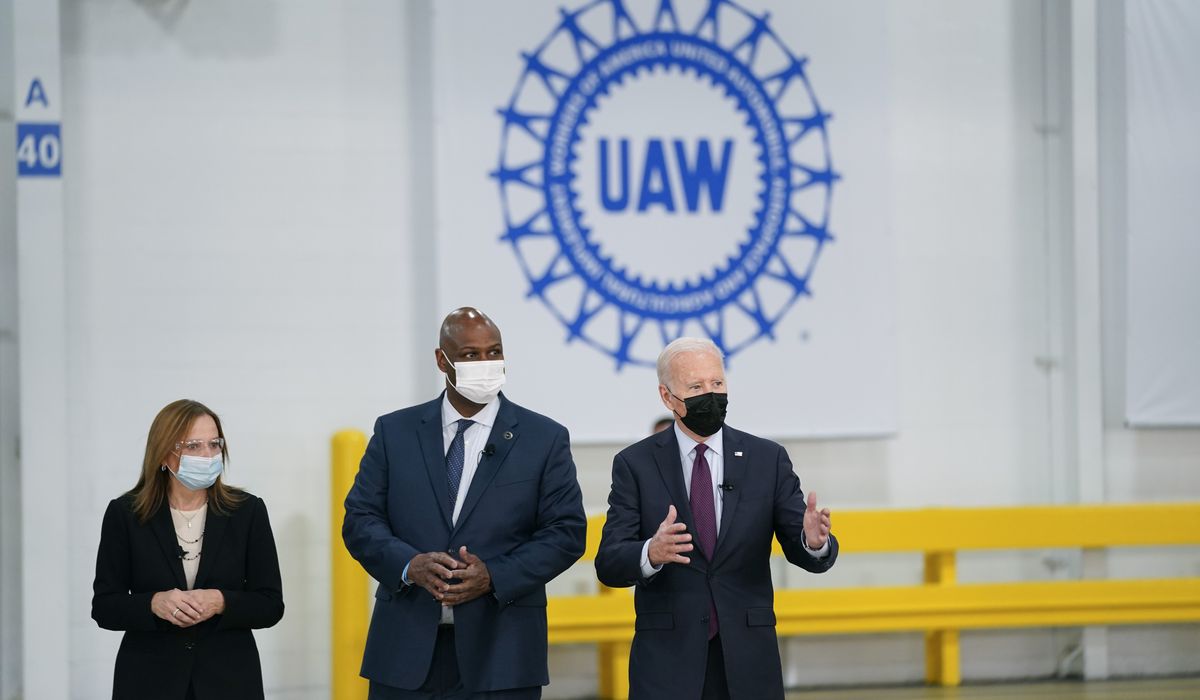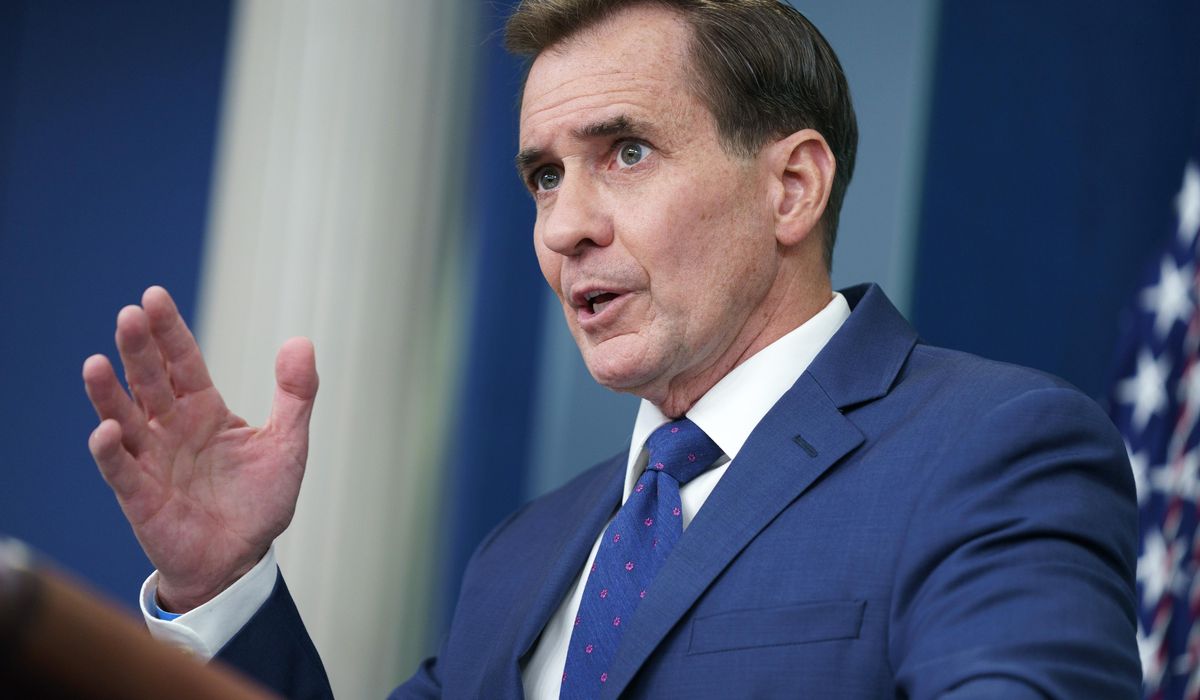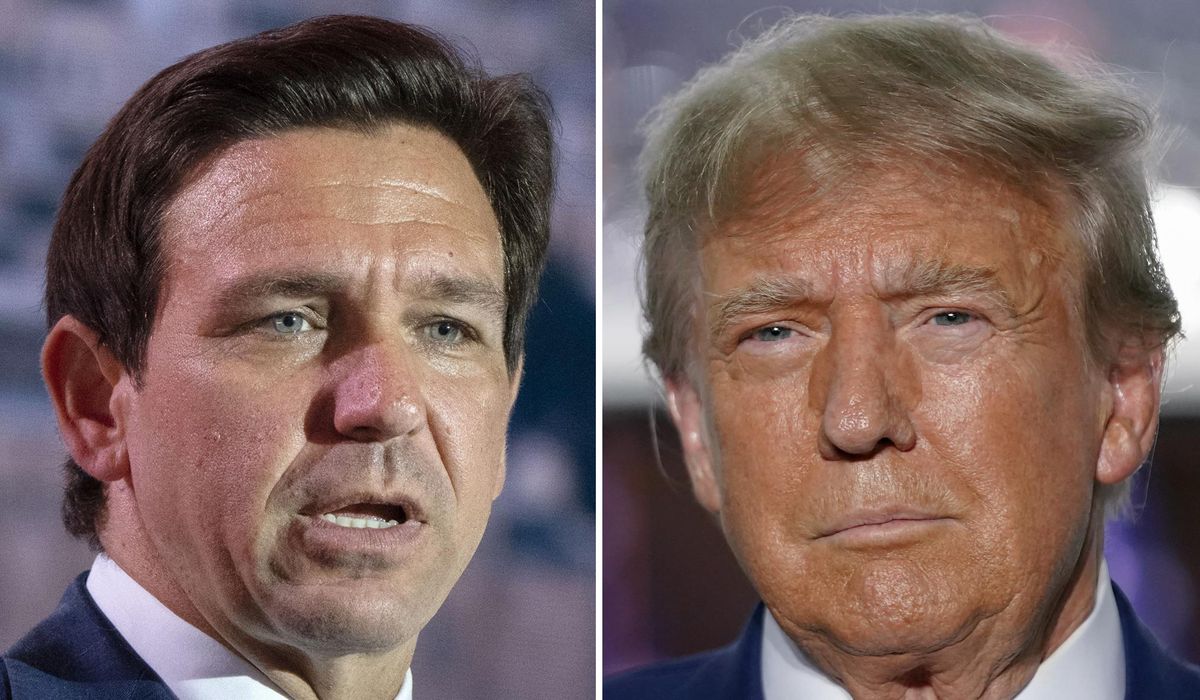United Auto Workers Strike Challenges Biden’s Electric Vehicle Plan
September 18, 2023 | by Kaju

The ongoing United Auto Workers (UAW) strike has brought attention to the challenges President Biden’s electric-vehicle (EV) transition is facing from a key labor constituency. EVs are a central part of Biden’s green energy agenda, but their production requires less labor and often involves battery components made by non-union workers.
UAW President Shawn Fain, while supporting the shift to a climate-friendly economy, emphasizes the need for a “just transition” that does not sacrifice well-paying union jobs. Fain argues that if taxpayer dollars are financing the transition to EVs, labor cannot be left behind.
President Biden has positioned himself as a pro-labor president committed to environmental sustainability. However, the striking autoworkers demanding better pay and shorter workweeks highlight the difficulties of achieving both goals simultaneously. This strike has been used by Republicans to criticize Biden’s green energy agenda, with some claiming that autoworker jobs will be outsourced to China due to the rise of electric cars.
The UAW endorsed Biden in the 2020 election, but they have not yet made a decision about endorsing him for the upcoming 2024 election. Fain emphasizes that endorsements will be earned based on actions, not words.
Despite the tensions between climate groups and auto industry unions in the past, they now stand together in support of the UAW’s demands. Both groups believe that the success of these negotiations is crucial for workers’ rights, well-being, and environmental protection.
In his defense, President Biden has called for a fair and mutually beneficial transition for autoworkers and auto companies during the EV shift. The Biden administration is actively involved in discussions between automakers and the UAW. In addition, Biden’s tax-and-climate spending law, the Inflation Reduction Act, will provide substantial funds for EVs through tax incentives for battery manufacturing and purchases.
Ford has already warned that EVs will require 40% less labor, making the unionization of domestic EV battery manufacturing a priority for the UAW and autoworkers.
In conclusion, the ongoing UAW strike highlights the challenges President Biden’s EV transition faces in terms of maintaining good union jobs while pushing for a greener economy. The negotiations between automakers and the UAW will have significant implications for the future of work and environmental sustainability.
Focus keyword: United Auto Workers Strike, Biden’s Electric Vehicle Plan
RELATED POSTS
View all


